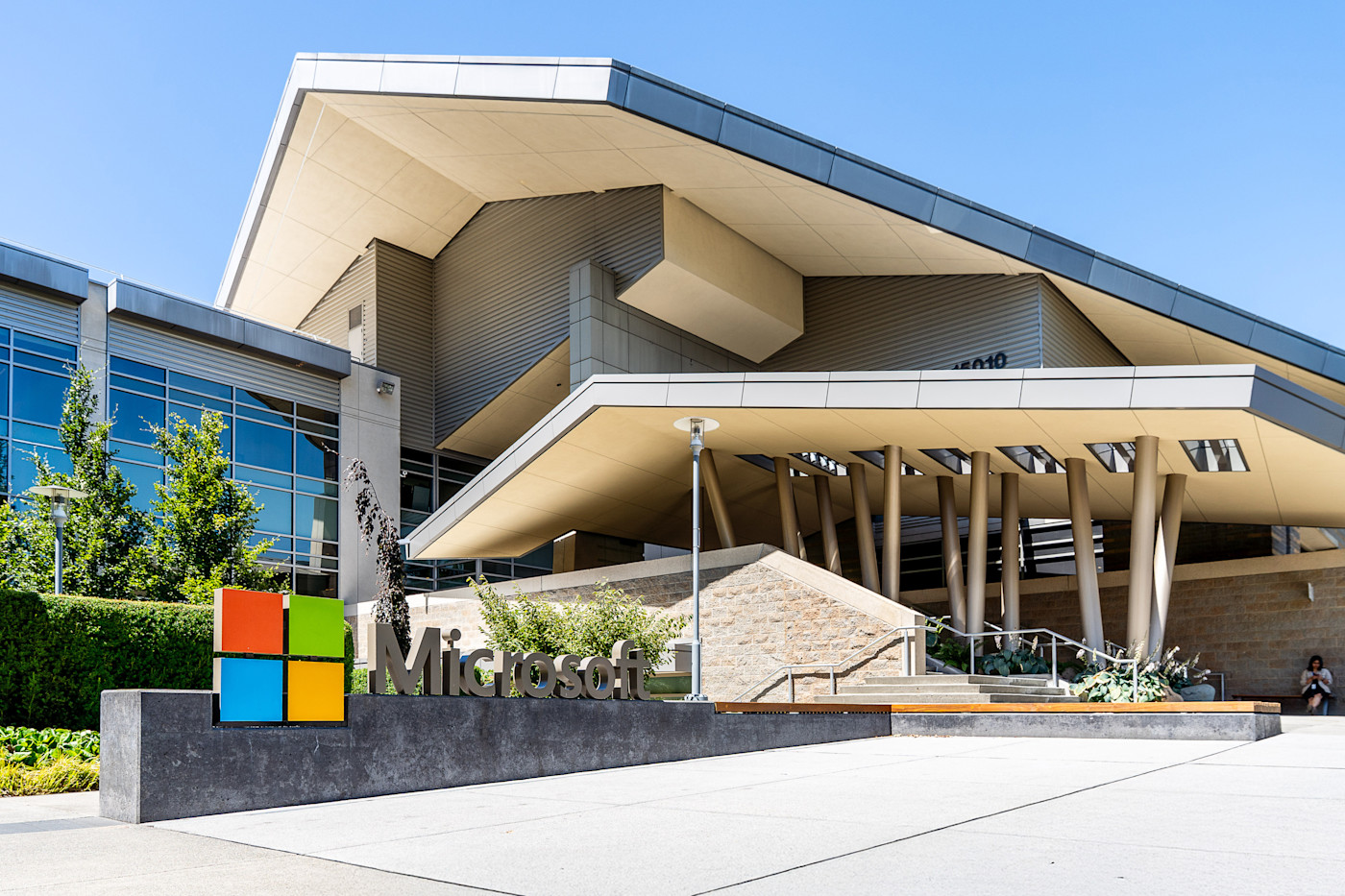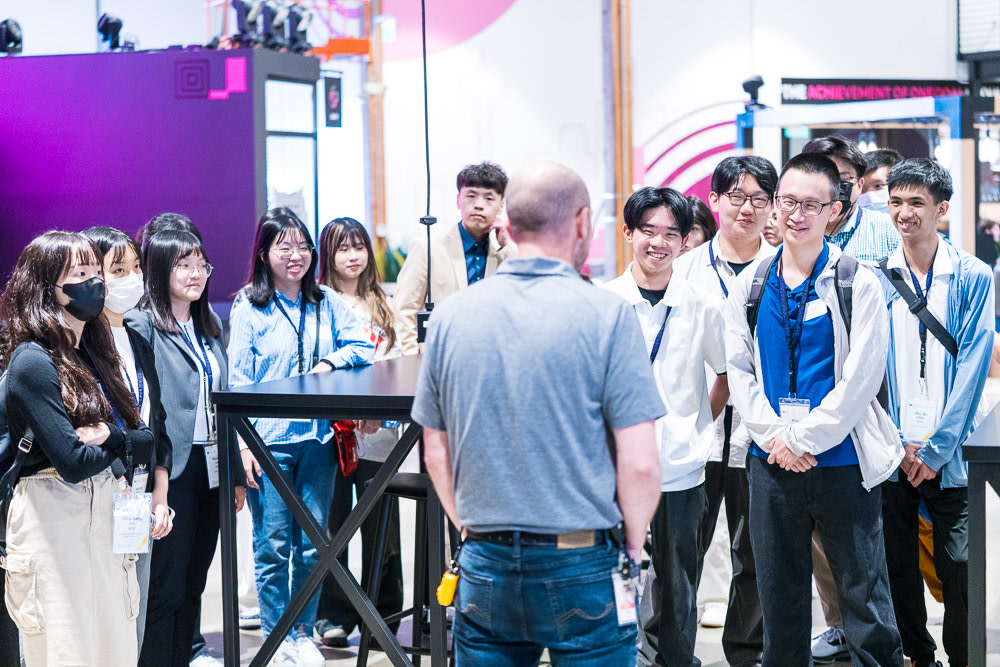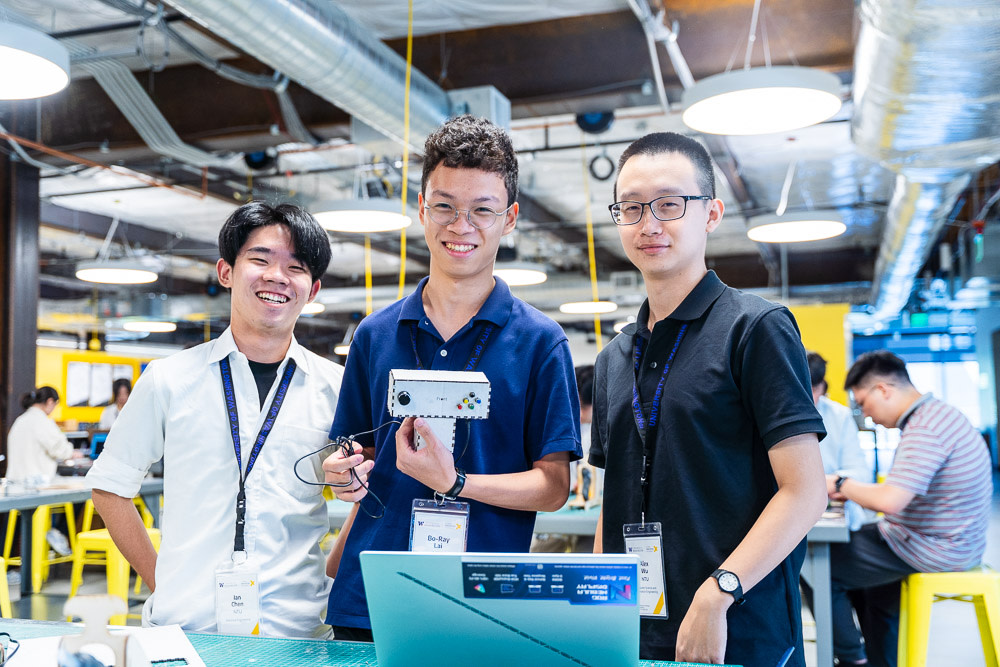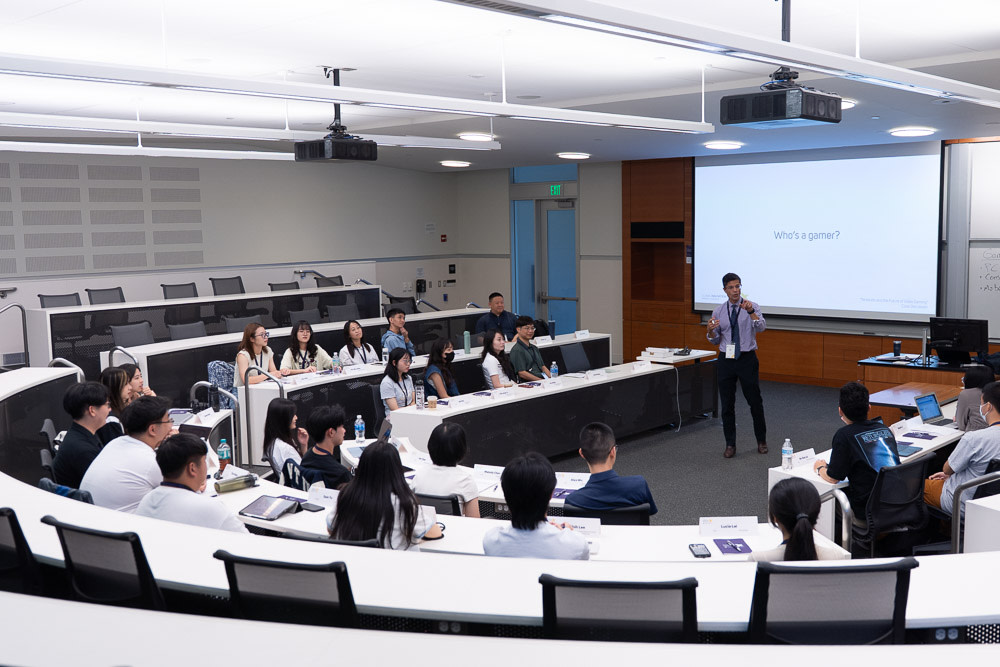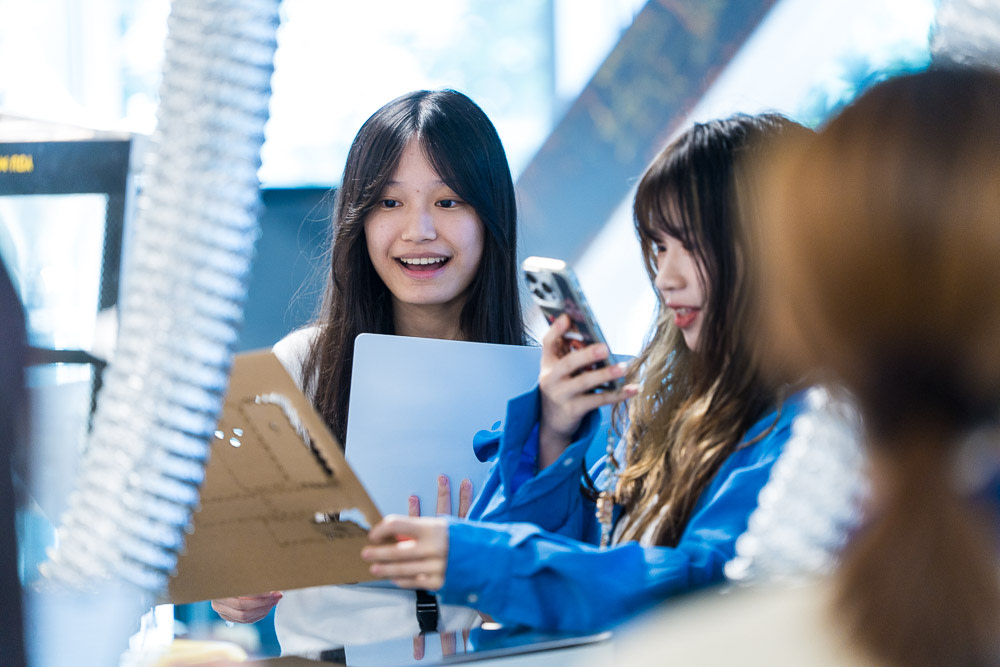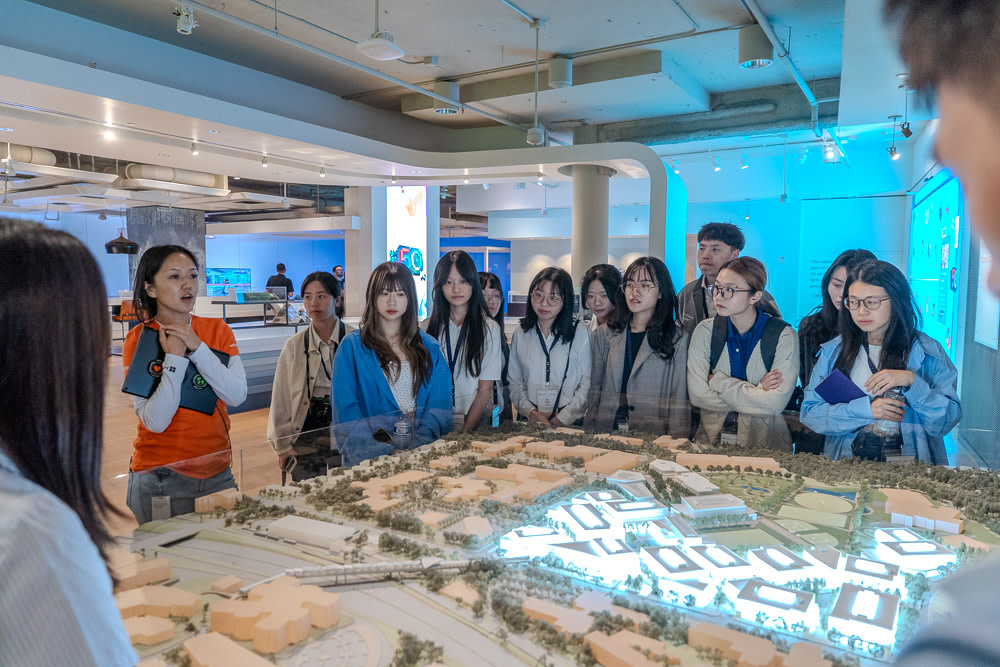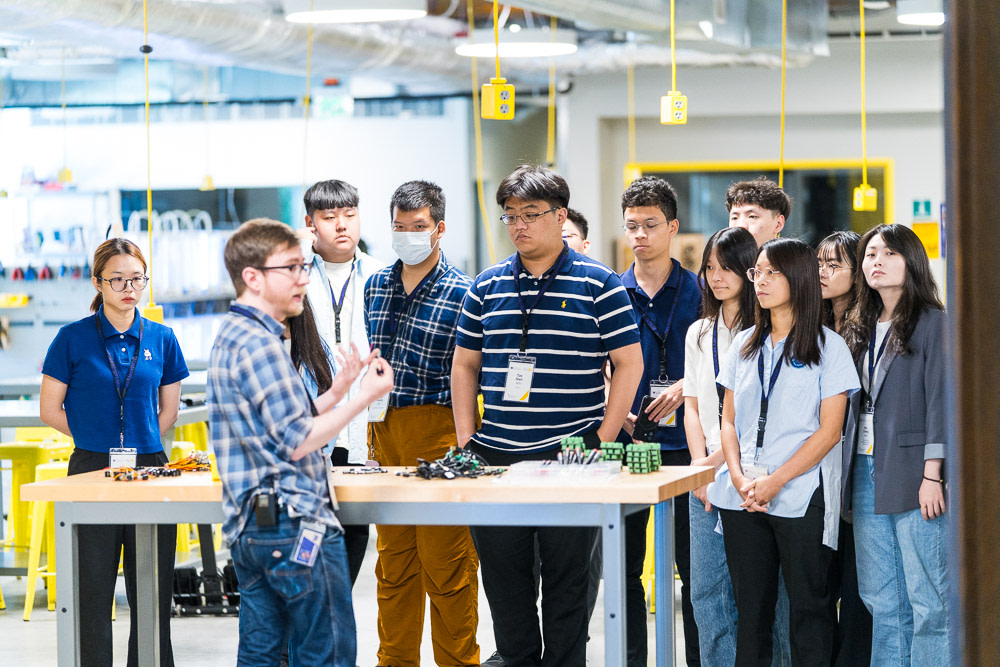Two-Week Immersion in Technology Innovation in Seattle’s Tech Ecosystem
Combining engineering, business, and design classes, the program immerses students in the skills and knowledge valued by the tech industry. Participants will also visit leading companies to gain firsthand insights from experts on what it takes to break into and excel in the tech sector.
Contact NTU Study Abroad if you have questions about attending or to learn more.
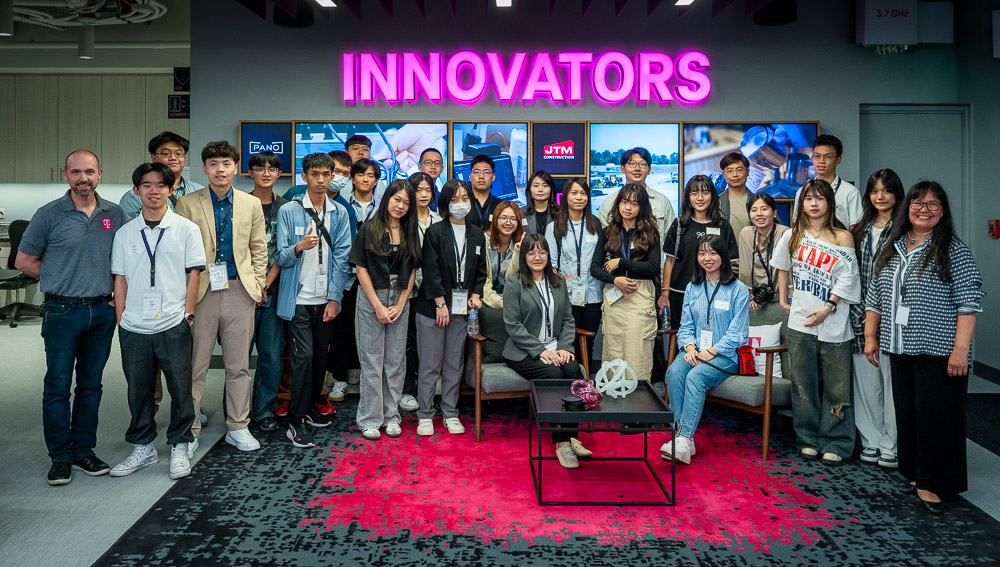
Details
Design Thinking I and II
Working in teams, learn and apply user-centered design process to real-world problems; learn to design, prototype, and evaluate your team’s innovative solutions. Complete team projects that culminate in a presentation to the class.
Technology Fundamentals I
This course offers a dynamic and immersive learning experience, combining hands-on activities with collaborative projects that fosters both individual growth and teamwork. Participants explore real-world applications to learn programming and deployment in edge devices. Students of this course will not only gain technical skills, but will also develop an understanding of the positive impact of technology.
Technology Fundamentals II
This course builds on Technology Fundamentals I and introduces students foundational understanding of Artificial Intelligence and Machine Learning. Students learn to preprocess data, train models, and evaluate results using hands-on projects, allowing them to bridge theory with real-world problem-solving.
Prototyping/Fabrication
Students will learn the basics of prototyping a physical enclosure for an electronic device. They will then use lasers to fabricate a quick prototype enclosure. They will also be introduced to a range of other prototyping and manufacturing techniques, such as 3D printing, CNC machining, and laser cutting.
Tech Strategy
Engage in core concepts of business level strategy with a particular emphasis on establishing and maintaining a competitive advantage.
Intro to Robotics
Acquire an understanding of the fundamental principles for robotics applications including basic manipulation and motion planning.
Students will visit companies, startups, nonprofits and other key players active in Seattle’s tech ecosystem. Visits may include the following organizations:
| Microsoft | Boeing | Gates Foundation |
| Amazon | Allen Insitute for AI | Venture capital firms |
| T-Mobile | Meta | Tech startups |
| Nintendo of North America | Docusign | |
| Expedia |
Students will gain exposure to the Seattle tech-ecosystem and an insider’s view into the skills and attributes needed to succeed in the tech industry and learn how technical skills, design thinking, and business strategy can be weaved together to solve problems, build products, and create value.
Students will be staying in double rooms at Poplar Hall.
Each room is equipped with a twin-size bed, towels, soap, toilet paper, desk, microwave, and mini-fridge. Weekly housekeeping is also provided.
Dining Facilities
Located just across the street from Poplar Hall, students will have access to the UW dining facilities at Local Point.
Program Faculty
Professor Sean Carr
Executive Director & CEO of the UW Global Innovation Exchange
At the University of Washington, Sean holds a faculty appointment at the Foster School of Business as an affiliate associate professor of strategy and entrepreneurial leadership. His research interests explore technology strategy in the digital age; entrepreneurial mindsets; the dynamics of technological change and transformation; and systemic responses to complexity and crisis.
Sean has taught numerous executive programs with a wide range of global corporate clients, addressing topics such as leadership for organic growth and mindsets for entrepreneurial thinking. He has also led roundtables for senior executives, pushing state-of-the-art thinking and best practices in corporate innovation. His work has been cited by The New York Times, The Wall Street Journal, the Financial Times, Newsweek, NPR, and CNBC. Prior to his academic career, Sean spent nearly ten years as a journalist and producer for ABC News and CNN.
Sean earned both a PhD in entrepreneurial management and an MBA from the University of Virginia Darden School of Business; an MS from Columbia University; and a BA from Northwestern University.

Professor Luyao Niu
Luyao Niu is an Assistant Teaching Professor of Electrical and Computer Engineering at the University of Washington and the Global Innovation Exchange. He teaches undergraduate- and graduate-level courses on programming, signals, and sensors & circuits. Luyao’s research focuses on establishing trustworthy autonomy. The solutions use an interplay of methodologies from machine learning, optimization and control, game theory, and formal methods. He was the author of the GameSec Outstanding Paper (2018), and was a finalist for the ACM/ICCPS Best Paper Award (2020). He received the Outstanding Mentorship Award (2020) from the Department of Electrical and Computer Engineering, UW.
The overarching goal of Luyao’s teaching is to foster students’ creativity and innovation to solve real-world challenges through interdisciplinary collaboration and by establishing close relevance between scientific understanding and hands-on project experience. GIX provides supportive learning environments by integrating hands-on experience and discussion, enabling students to establish strong grounding in foundational concepts and practical business/entrepreneurship skills.
Luyao earned his Ph.D. and MS in electrical and computer engineering from Worcester Polytechnic Institute.

Lecturer Kevin Arne
UW Global Innovation Exchange Prototyping Lab Associate Director
Kevin manages the Prototyping Labs, which are the physical fabrication facilities at GIX. Kevin’s focus is on maker education, teaching students how to make things using a variety of high-tech techniques such as 3D printing, laser cutting, CAD, PCB design, and more.
He also teaches the Introduction to Physical Prototyping (TECHIN 511) course for the MSTI program at GIX. In that course, students learn the basics of designing physical objects to meet the specifications of clients. He covers the basics of 3D CAD, laser cutting, 3D printing, vacuum forming, casting, as well as surveys many other manufacturing techniques like waterjet cutting, CNC milling, injection molding, and more.
Kevin received his BS and MS in Engineering from Georgia Tech.

Discover Seattle's Ecosystem through UW's Global Innovation Exchange
The University of Washington’s Global Innovation Exchange (GIX) is an engineering-and-business institute for emerging and established technology leaders.
Launched in 2017 with generous support from Microsoft, GIX is jointly supported by the University of Washington’s College of Engineering and Foster School of Business. Operating from world-class facilities in Redmond, Washington, GIX partners with corporate, government and non-profit organizations to deliver transformational learning through graduate education, global experiences, and professional development programs.
